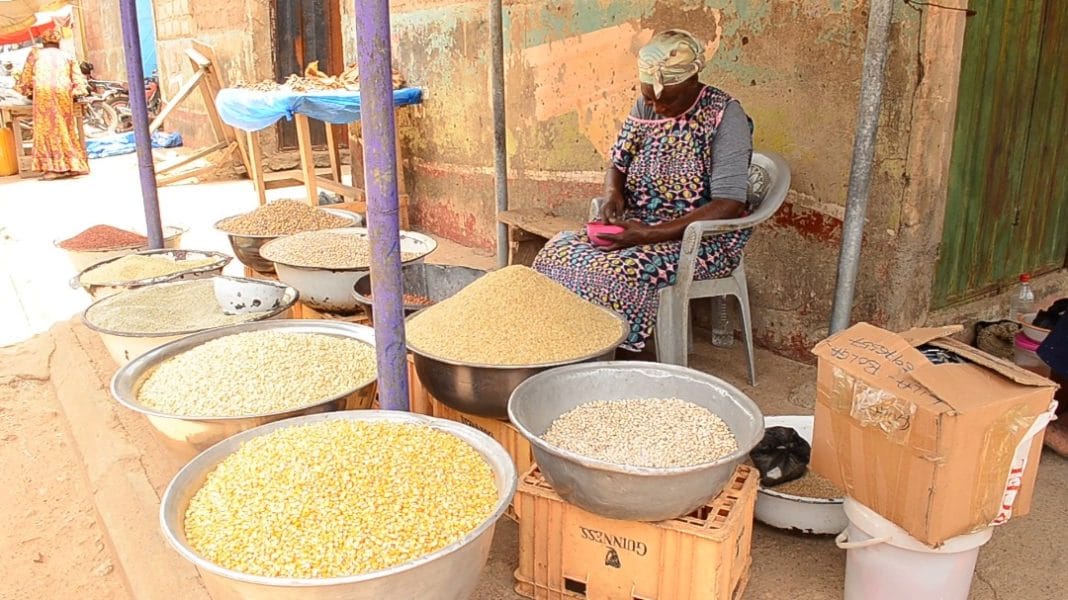Market women in the Upper East Region have welcomed the recent decline in the dollar rate, describing it as a positive sign of Ghana’s economic recovery. They say the improved stability of the cedi is beginning to reflect in the pricing of goods, especially imports, offering some relief to small-scale traders who have long grappled with high costs.
In an interaction with Bolga FM’s Joseph Napoleon Anaaya at the Bolgatanga Central Market, several traders noted that the strengthening of the cedi has slightly reduced the cost of restocking, particularly for products affected by international exchange rates.
“Things are a bit better now. The cedi is picking up, and we’re feeling it—even if just a little—in the prices of some of the goods we buy,” said a cereals trader.
However, they were quick to point out that high transport fares remain a significant burden. Despite recent reductions in fuel prices, they say transportation costs have not dropped, eroding any gains made from the improved exchange rate.
“We truly appreciate the government’s efforts to reduce the dollar rate,” one trader remarked. “But what’s hurting us now are the high transport fares. We buy from farmers and travel long distances. The fares haven’t changed, even though fuel prices are dropping.”
The traders are appealing to the government, the Ministry of Transport, and the Ghana Private Road Transport Union (GPRTU) to ensure transportation fares are reviewed to reflect current economic conditions. They believe such a move will ease pressure on traders and enable them to pass on the benefits to consumers.
Additionally, the women are pleading for a grace period to sell off existing stock purchased at higher exchange rates. They say immediate pressure to reduce prices could lead to heavy losses.
“We bought many of our goods when the dollar was very high,” explained a trader who sells imported rice. “We are begging the government and our customers to be patient with us. Give us time to finish selling what we have before the new prices take full effect.”
The market women say that while the economic signs are encouraging, a more coordinated response—particularly on transportation—is needed to ensure both traders and consumers feel the full impact of the cedi’s recovery.
Source: A1Radioonline.com|101.1Mhz|Joseph Napoleon Anaaya & Keziah Porepeya Nsoh|Bolgatanga


